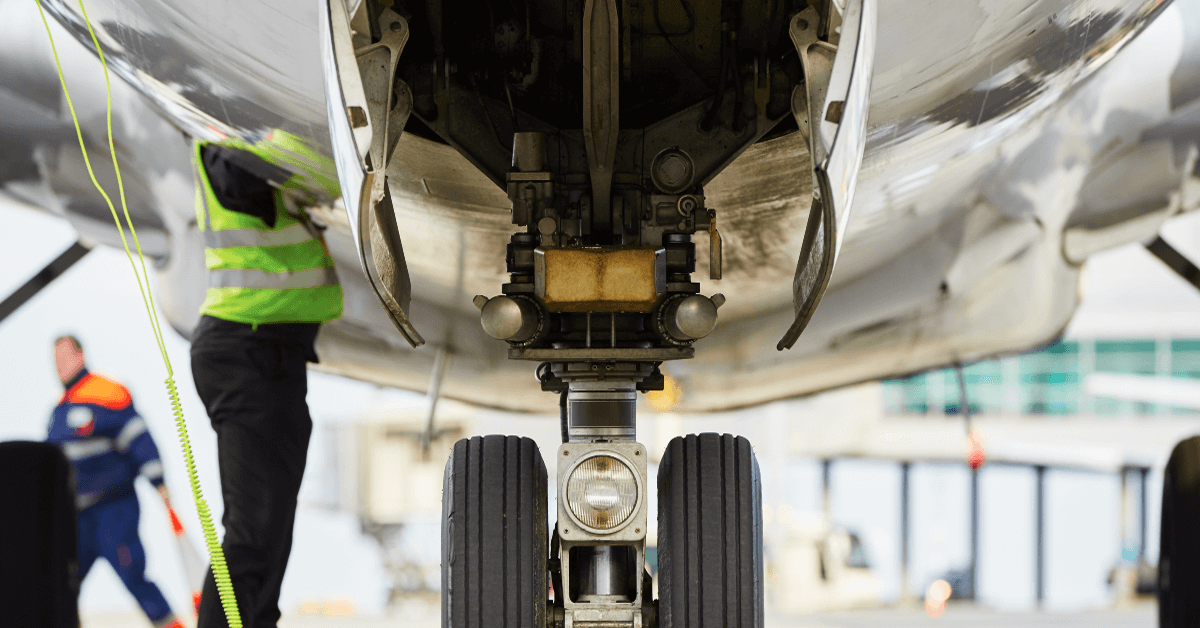What's Next for Aviation Mechanics?
With the airline industry stabilizing and thriving since the COVID-19 pandemic, aviation mechanic career outlooks are looking very positive.
Faced with plenty of job opportunities, how should mechanics seek to advance their careers?
To answer this question, here are three recommendations.
Diversify to Improve Your Aviation Mechanic Job Outlook
Traditionally, aviation mechanics can earn more as their expertise becomes more specialized to a particular fleet type, aircraft or system. The market is different now, with diversified skills more sought after.
Consider the following options to adapt your aviation mechanic job description to current needs:
● Expand your job search from commercial to corporate or general aviation opportunities
● Bulk up your skill set with avionics or structural mechanic courses
● Shift temporarily to another industry, such as automation, railways or material handling
Every aviation mechanic has a few options. Skills and experience in mechanical systems, especially pneumatics and hydraulics, are directly applicable to numerous other industries. Employers everywhere also know that an A&P certification represents a serious investment in proper adherence to safety protocols, which is highly valued on any worksite.
For more info on career alternatives, check out our previous article on 3 Reasons To Apply Technical Skills To an Automation Career.
In a profession that can require a good deal of travel to wherever the jobs are, aviation mechanics can move more readily than many. A flexible mindset will be the most important tool for aviation mechanics in the coming months.
Communicate to Set Yourself Up for an Aviation Mechanic Position
The best way for aviation mechanics to find out about the latest developments in aviation mechanic jobs is to stay engaged with their professional network. Colleagues, recruiting partners and aviation certification schools are great resources for finding your next job, and for staying current with the aviation mechanic job outlook.
As the aviation industry evolves, those who have stayed engaged and visible will be first in line for new opportunities. That’s true for mechanics as well as individual actors within support organizations such as staffing partners, trade organizations and certification schools. Regardless of each player’s role in the industry, active communication and networking will reshuffle their card to the top of the deck.
While asking around, aviation mechanics should stay friendly and make a good impression, but also take note of who knows what. Those who have the freshest, most actionable information can be regarded as a priority relationship.
Persist to Succeed in the Long Term
While the short- and medium-term prognosis for the industry may be improving, aviation mechanics are still well-positioned to remain as in-demand employees.
The relatively high median age for mechanics still indicates an upcoming wave of retirements. As the years go on, that vacuum will still be there to build demand for those with active certifications.

How Aviation Mechanics Can Prepare for a Bright Future
If you’re a mechanic with specialized skills, be flexible, maintain your contacts and persist. You’ll be rewarded as the labor market progresses.
Plotting your next move? Keep your eyes peeled for new opportunities and maintain a positive outlook.
